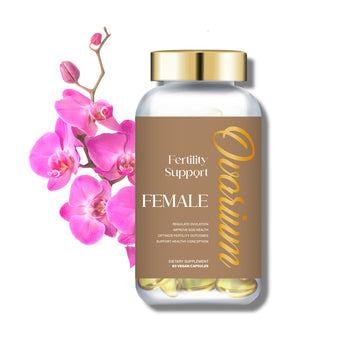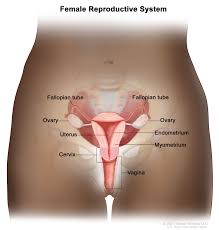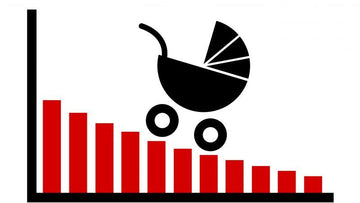eggs
How to Naturally Improve Egg Quality: What Your Doctor Might Not Tell You
If you’ve been trying to get pregnant and wondering why it’s taking longer than expected, there’s a crucial factor often overlooked: egg quality.
Your OB-GYN may talk about age or suggest medications—but here’s what they may not tell you: You can improve egg quality naturally with the right nutrition, lifestyle, and hormone-free fertility support.
Read more
Boost Your Fertility Naturally with Ovarium Female Fertility Support Supplement
When it comes to conception, many women are looking for natural, safe, and effective ways to support their fertility journey. Ovarium’s Female Fertility Support Supplement is here to help. This scientifically formulated blend of natural ingredients is designed to regulate your menstrual cycle, support hormonal balance, and improve egg health. Whether you’re planning for a baby or just want to optimize your reproductive health, Ovarium’s Female Fertility Support Supplement provides a holistic approach to female fertility.
Read more
The Role of the Uterus in Conception: What You Didn’t Know
When it comes to conception, most of the attention is often focused on the ovaries and eggs, but the uterus plays an equally important role in creating the right environment for pregnancy to occur. A healthy uterus prepares the body for pregnancy and supports the developing embryo, and understanding its role can help women make informed decisions about their fertility.
Before pregnancy can occur, the uterus undergoes a complex process to prepare for embryo implantation. This process involves a delicate balance of hormones that promote the thickening of the uterine lining, creating an environment where an embryo can attach and grow. Any disruption to this balance can negatively affect the chances of conception, which is why uterine health is so crucial.
Read more
Falling Fertility Rates in 2025: What the Latest Research Says
In 2024, the US fertility rate hit a historic low, with the general fertility rate decreasing by 3% from 2022. There are numerous factors that have contributed to this decline, such as:
Education and Empowerment of Women: More women are pursing higher education and entering the workforce, leading to delayed childbearing and smaller family sizes.
Improved Access to Contraception: Greater access to effective contraception allows individuals to make informed choices about family size and timing of pregnancies.
Environmental Factors: Endocrine-disrupting chemicals, which are found in everything from plastics, pesticides, cell phones etc. can interfere with the body’s natural hormonal balance and ability to conceive.
Read more
The Gut-Fertility Connection: How the Microbiome Influences Fertility
Fertility is a complex process. Recently, emerging research has pointed to a fascinating and often overlooked contrib...
Read more
The Science About Sleep Affects Hormonal Balance and Fertility
Sleep is a fundamental aspect of health, but its impact on hormonal balance and fertility often goes unnoticed. As wo...
Read more







